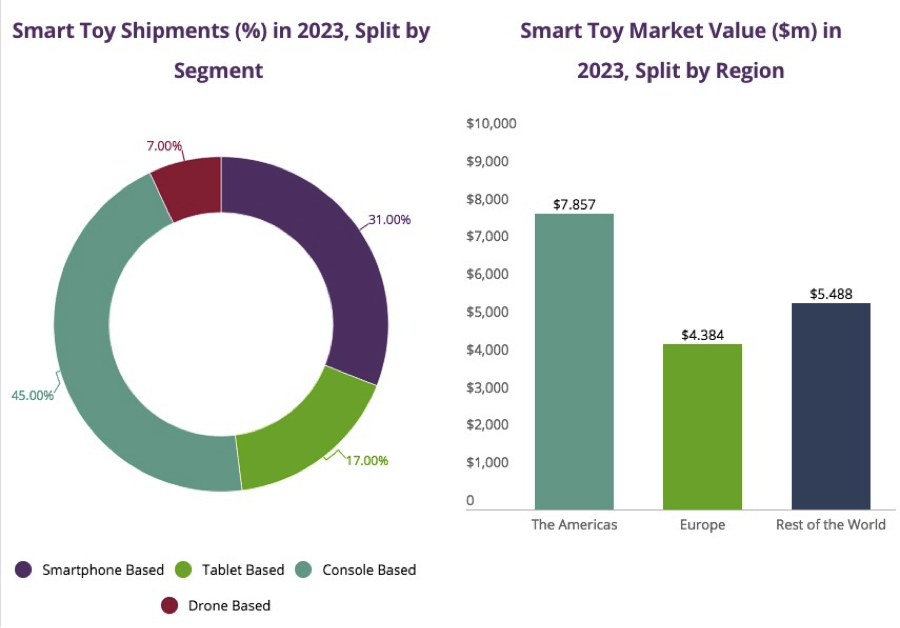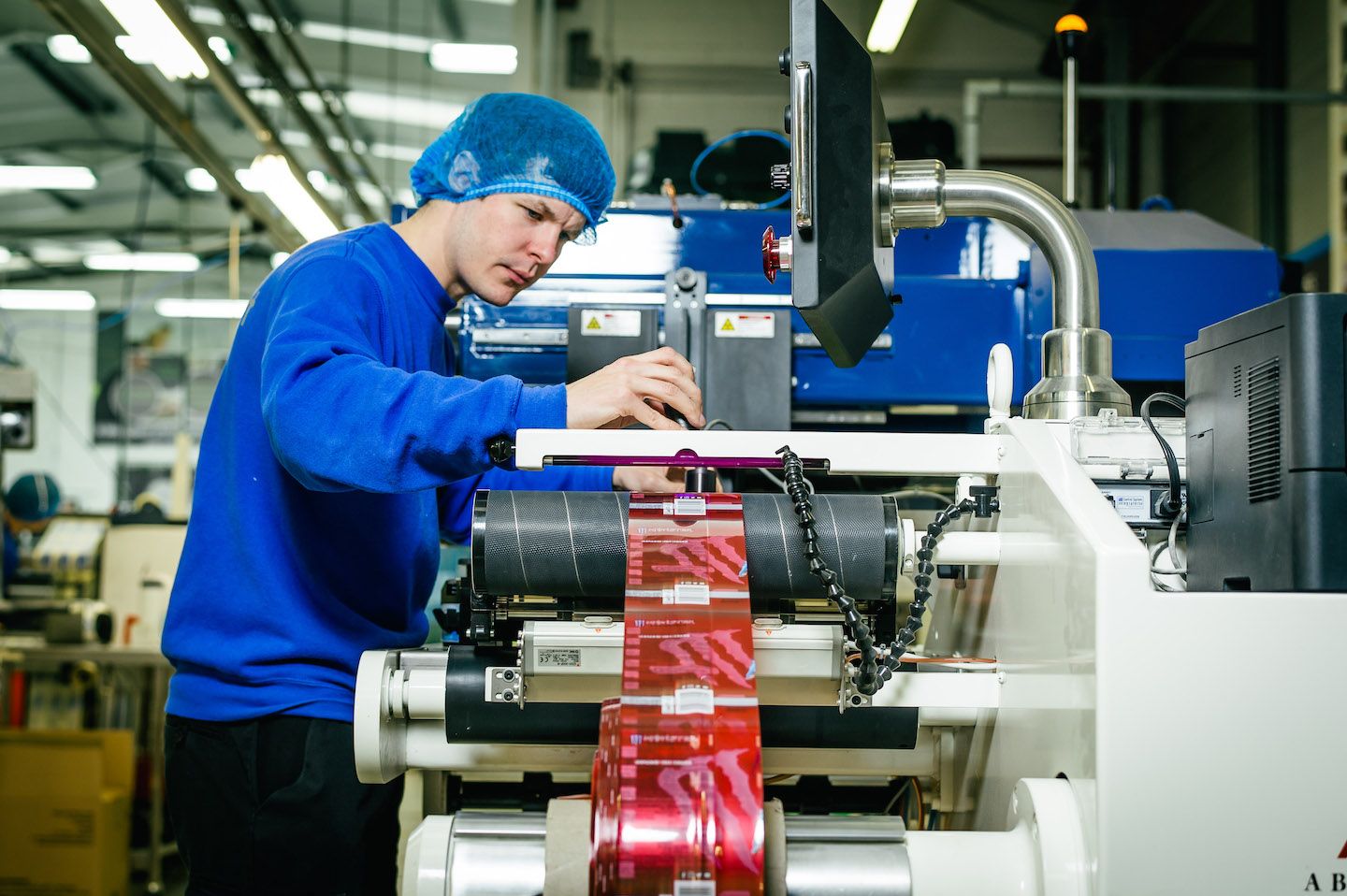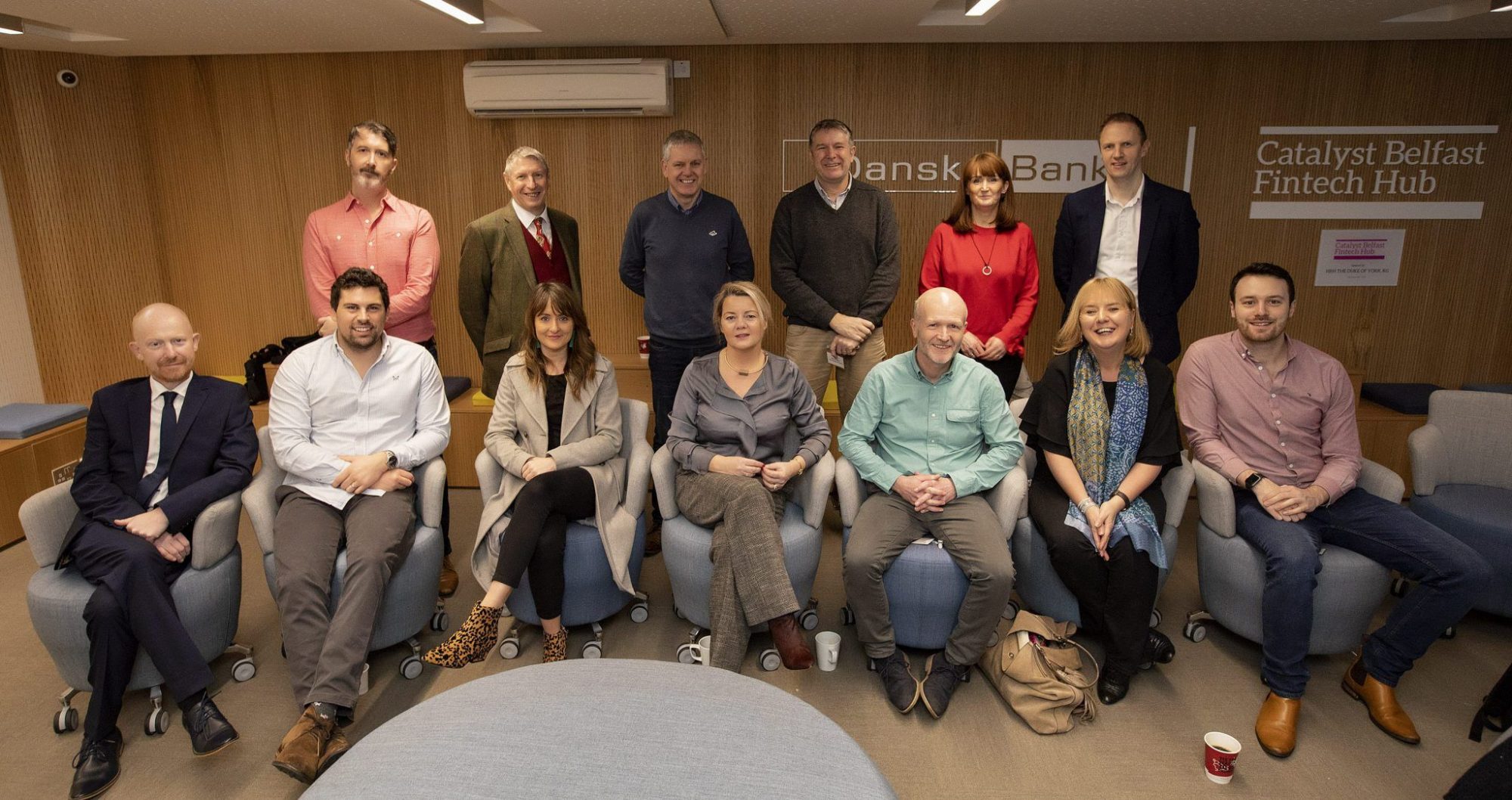Can smart toys make smart kids?
Dave Anderson, Director of Technology at Liberty IT, has taken some time off his day job to discuss the topic of Smart […]
December 10, 2018

Dave Anderson, Director of Technology at Liberty IT, has taken some time off his day job to discuss the topic of Smart Toys.
Dave takes a 30,000 feet view of technology for Liberty IT. Helping to oversee an engineering staff of around 400 in Dublin and Belfast, Dave sets the technical strategy for the company. “I look at the technical skills that our engineers need to have, and what technology and capabilities we need to develop for the future,” he says. “I’m helping to communicate technology and that could include the cloud, AI, or data analytics, for instance.”
Having started programming at age 9, says, “I’m definitely a tech geek. I’m also a dad and need to think about the devices my son and daughter use.”
“IoT devices are so difficult to secure – and that’s a vulnerability facing our children,” he says. “Tablets, for instance, need to be used in moderation.”
Dave says there are four areas of interest, when it comes to smart toys:
- Security / Privacy
- How kids actually learn
- How do we prepare our kids for the 4th industrial revolution challenge?
- If the most important skill is creativity – how do you teach it?
“When people think about the future, there’s always a fear factor – people think about fighting robots and AI and what the future will bring – when you put that with toys and kids the fear is amplified,” he says.

“There’s a valid concern around security, privacy and trust – that’s a systemic issue with the internet,” he says. “The things that are broken about smart toys are also broken within apps and data.”
Dave discusses the need for active parenting. “If your child is going to be on the internet, you need to be extremely knowledgeable about where that data is going.”
This may bring up a related, but important question – whether this is opening up a new kind of social inequality. For children with parents who don’t regularly use the internet, I can’t see how they can give kids an appropriate steer, when the children’s technical skills far outweigh their own.
Dave continues, “Websites should provide information so any parent can decide if it’s appropriate. But, many sites hide this information away and it becomes difficult to figure out. So, it’s a two-way piece – sites need to make the information available and parents need to read it.”
Dave says he wouldn’t let these concerns be a barrier to using smart toys, however.
The innocence of children and their ability to take things at face value means “they’re not thinking about the technology – they just accept it.”
“When I was growing up, I used a PC, maybe my parents used a radio, and now my kids might be using a robot.”
We need to prepare children for a future where everything is different, Dave warns.
“What are the things they’re going to have to do when they grow up? Will they need keyboard skills for instance? In 30 years time will that be a valid input mechanism?”
Instead of focusing on specific technical skills, perhaps it’s the thought process that matters.
“Children are natural creationists, natural problem solvers – Lego is one of the best toys, and it’s decades old.”
Dave argues that our society would do well to re-introduce problem solving and collaborative activities later in life. “What about introducing Lego for adults in the workplace to learn how to work together?”
He ends on a positive note about our collective future, steered by the children of today.
“Kids naturally already have the skills required for the 4th Industry Revolution – but somewhere that gets lost along the way. Maybe it’s adults we need to think about.”










